In a development that marks a dramatic shift in the Ukraine war, NATO has verified that North Korean troops have arrived in Russia's Kursk region. The October 28 confirmation from NATO Secretary-General Mark Rutte revealed that roughly 10,000 North Korean soldiers, including a contingent of 1,500 special forces, are now positioned to join the fighting. U.S. intelligence suggests these forces will be thrown into combat within weeks, transforming what was already Europe's bloodiest conflict since World War II into an even more complex international crisis.
The Struggle for Kursk
Ukrainian forces have been pressing hard against Russian defenses in Kursk, turning this border region into one of the war's most contested battlegrounds. The Ukrainian incursion into Kursk marked the first time Ukraine took over land within Russia's recognized borders. The offensive was highly successful in spreading Russian forces thin and drawing attention away from other important regions. Now, with North Korean reinforcements bolstering Russian positions, the military equation is shifting.
The timing speaks volumes - Russia has hemorrhaged troops throughout the conflict, with NATO tallying more than 600,000 casualties since the invasion began. Moscow's decision to deploy North Korean forces here isn't random; it's a calculated move to shore up defenses where Ukrainian operations have been intensifying. Military experts watching the region say this foreign reinforcement threatens to severely complicate Ukraine's efforts to maintain pressure on Russian forces, potentially forcing Kyiv to rethink its regional strategy.
The Global Reaction
The presence of North Korean troops on European soil has sent shockwaves through diplomatic circles from Washington to Seoul. President Biden pulled no punches, labeling the development "very dangerous." South Korea's government sees this military partnership between Pyongyang and Moscow as a dual threat, endangering stability in both Europe and the Indo-Pacific region.
Putin's response has been unsurprisingly cryptic, neither confirming nor denying the North Korean presence while asserting Russia's right to military cooperation with whomever it chooses. His foreign minister, Sergei Lavrov, has brushed aside international outcry without addressing the specifics. The ripple effects are already visible across Asia, where Japan and Australia are reassessing regional security calculations.
The stakes of this military cooperation stretch far beyond Ukraine's borders. South Korean officials, watching their neighbor deploy troops to European soil, warn of threats to both Asian and European security. Russia's willingness to accept North Korean forces (and Putin's careful threading of the needle in his public response) reveals Moscow's urgent need to sustain its campaign despite mounting casualties. As Biden calls the situation "very dangerous," and Ukraine faces the prospect of battling North Korean troops in Kursk, the conflict's complexity deepens. Japan and Australia have been drawn into the diplomatic fray, recognizing that this partnership between Moscow and Pyongyang creates new security challenges across Asia.
What began as a European war has morphed into something far more dangerous - a conflict that bridges continents and forces world leaders to confront an increasingly unstable global order.



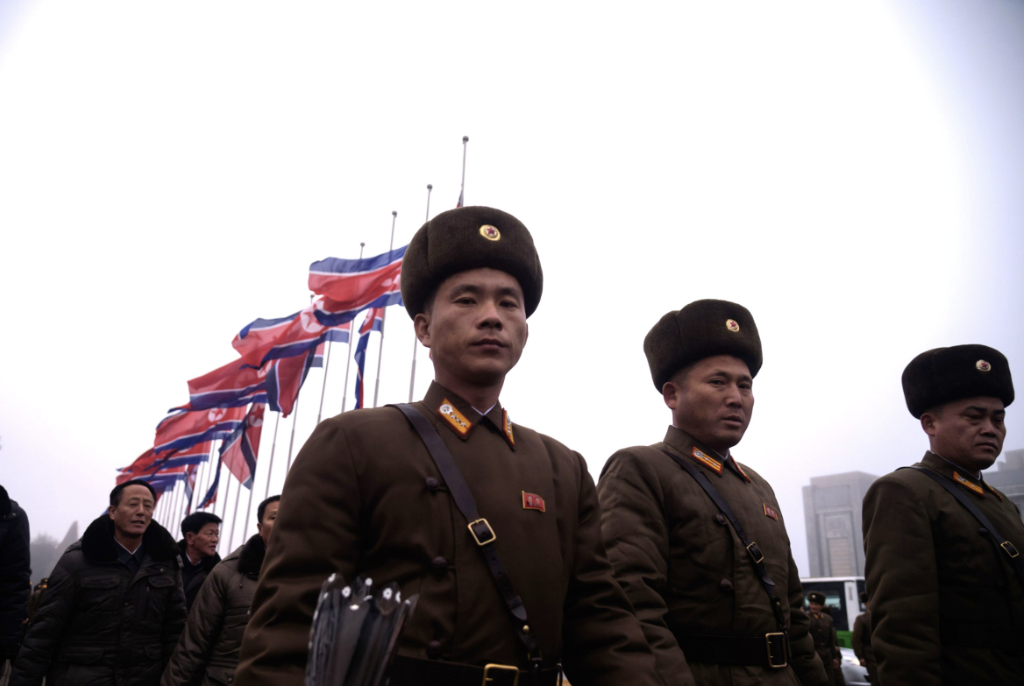
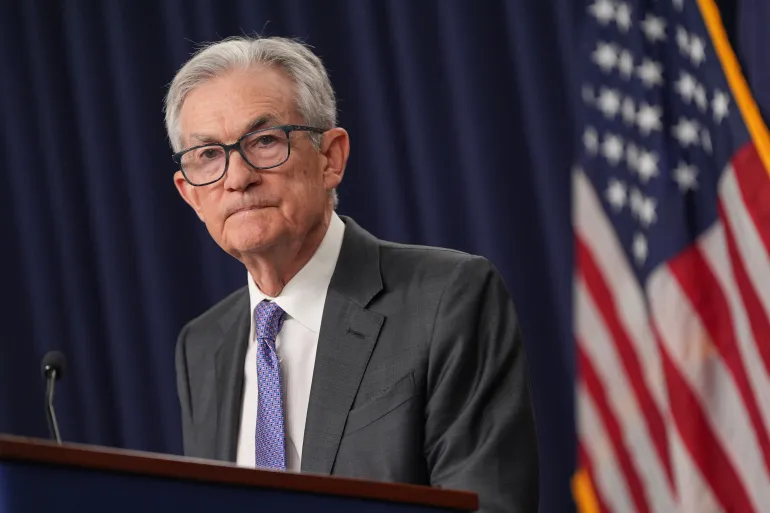

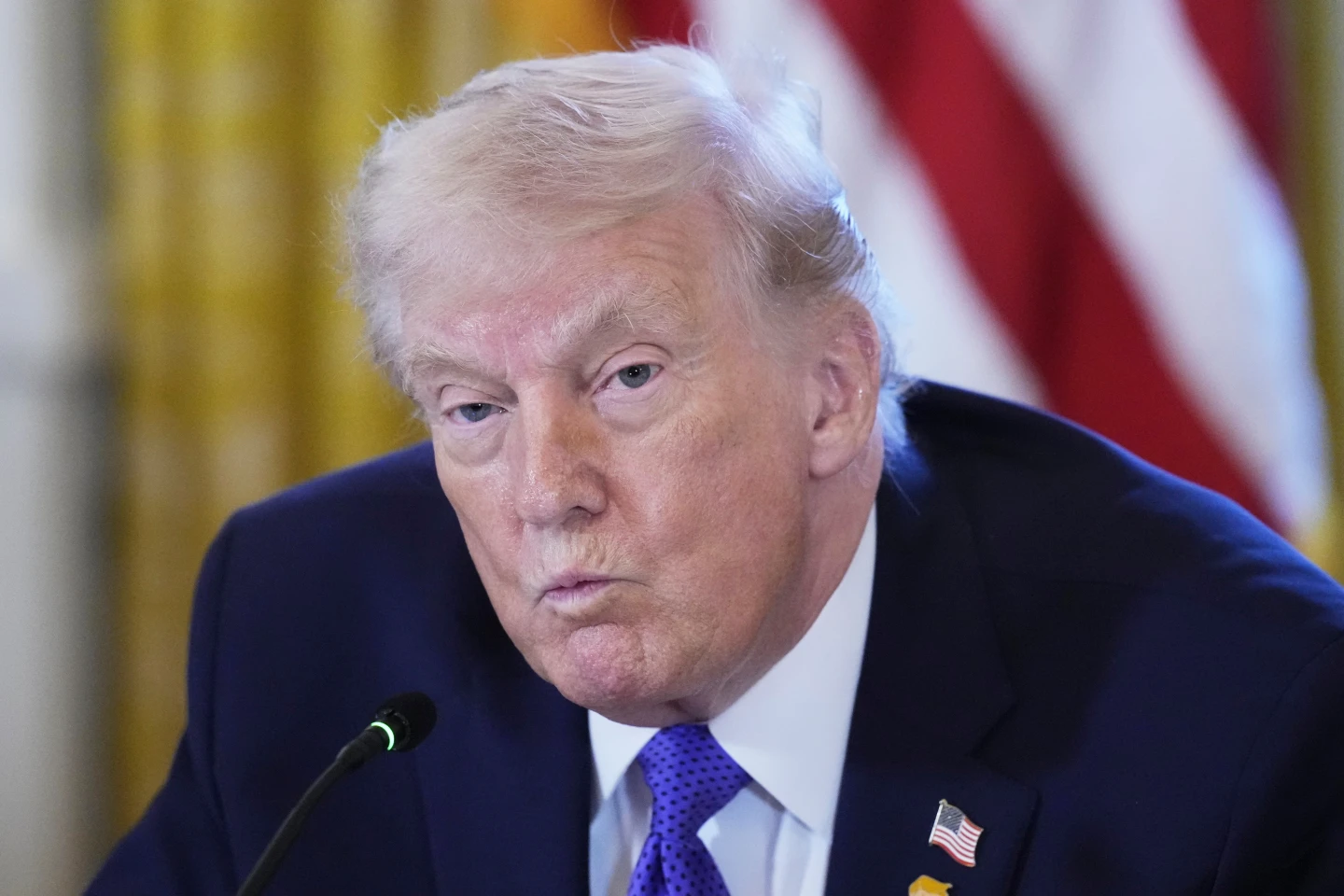
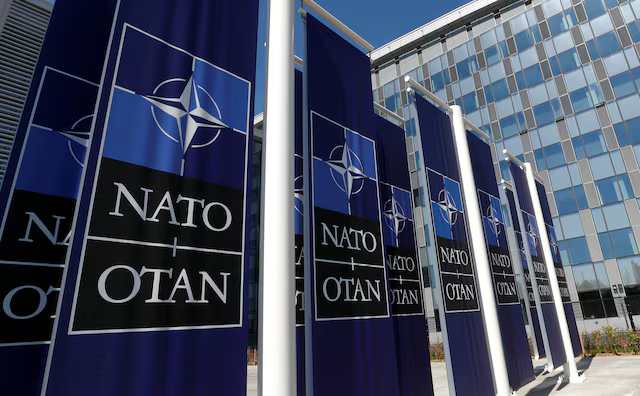
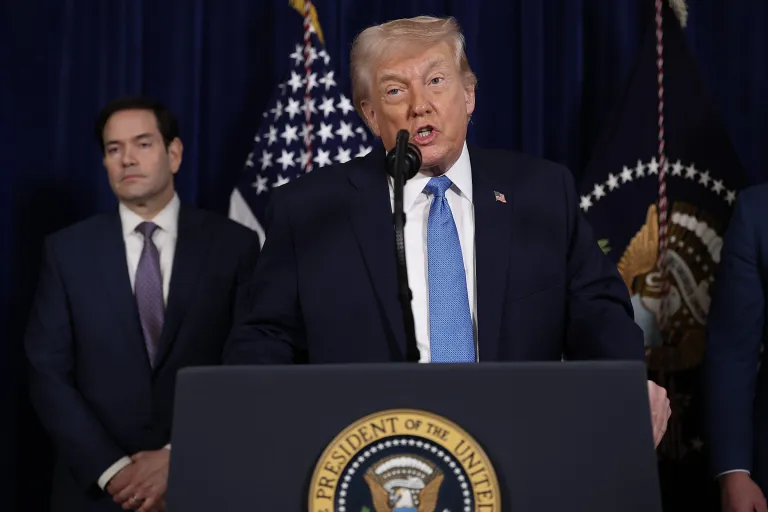
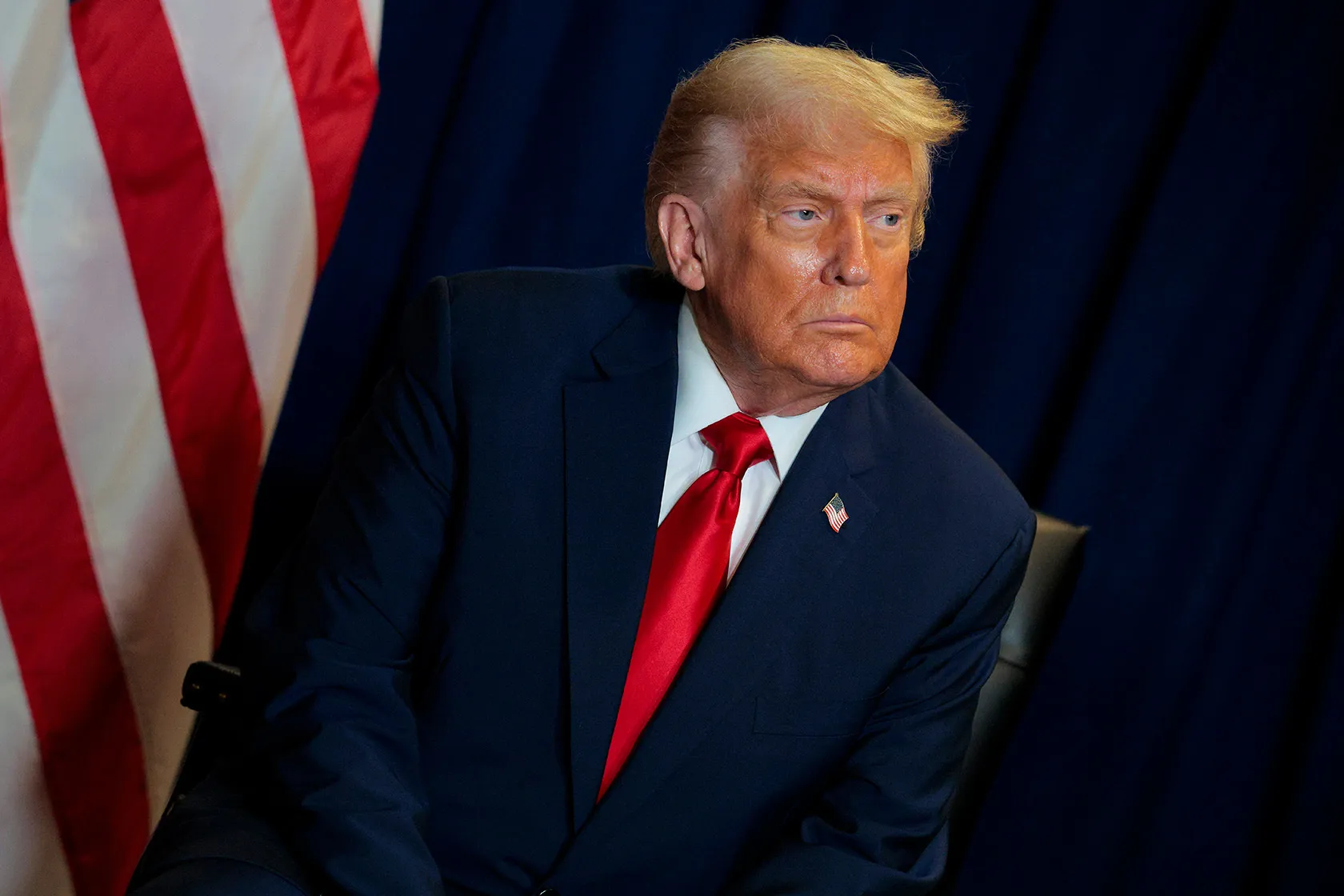
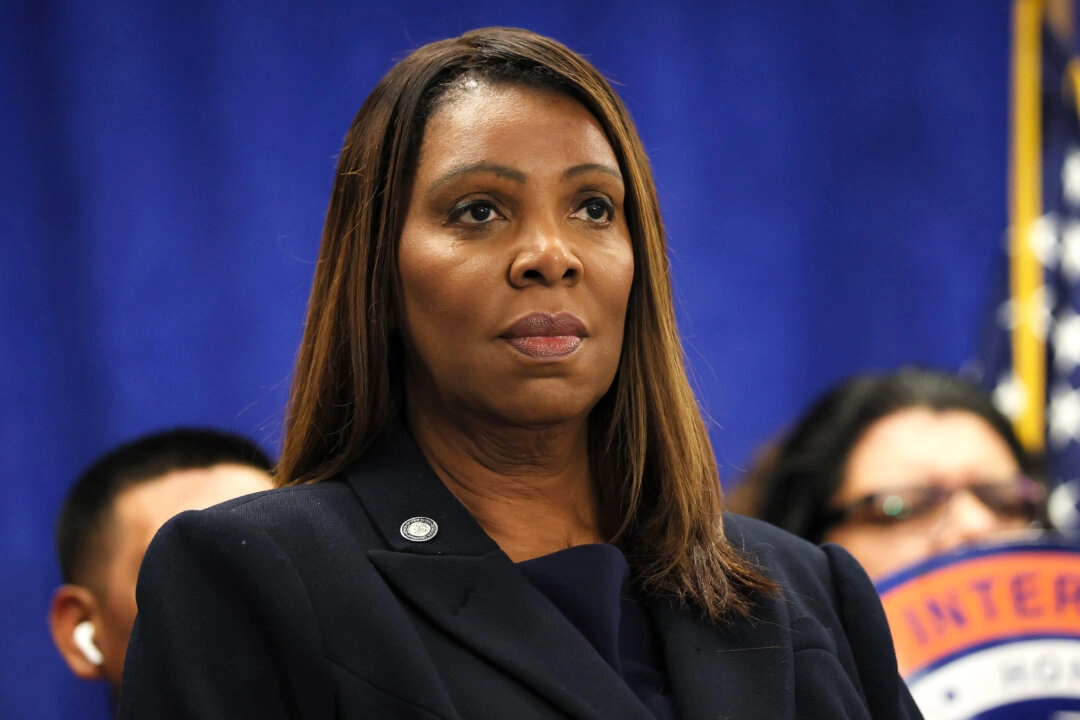
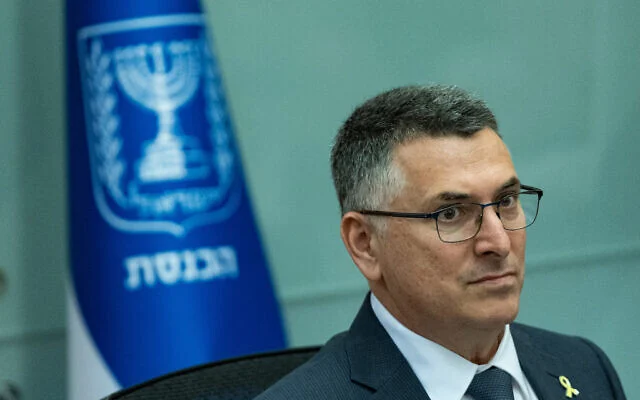
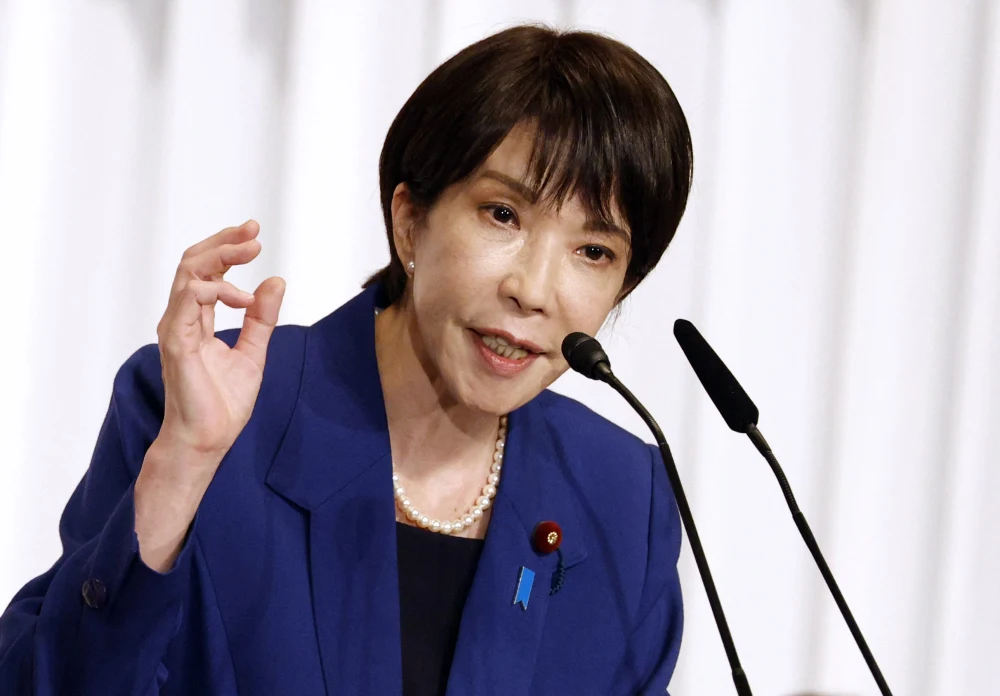
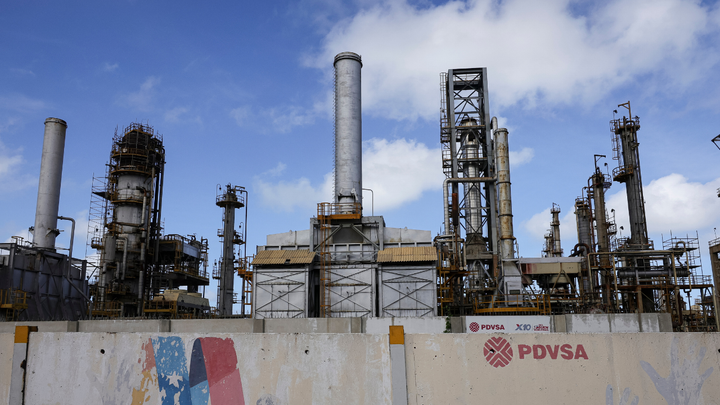
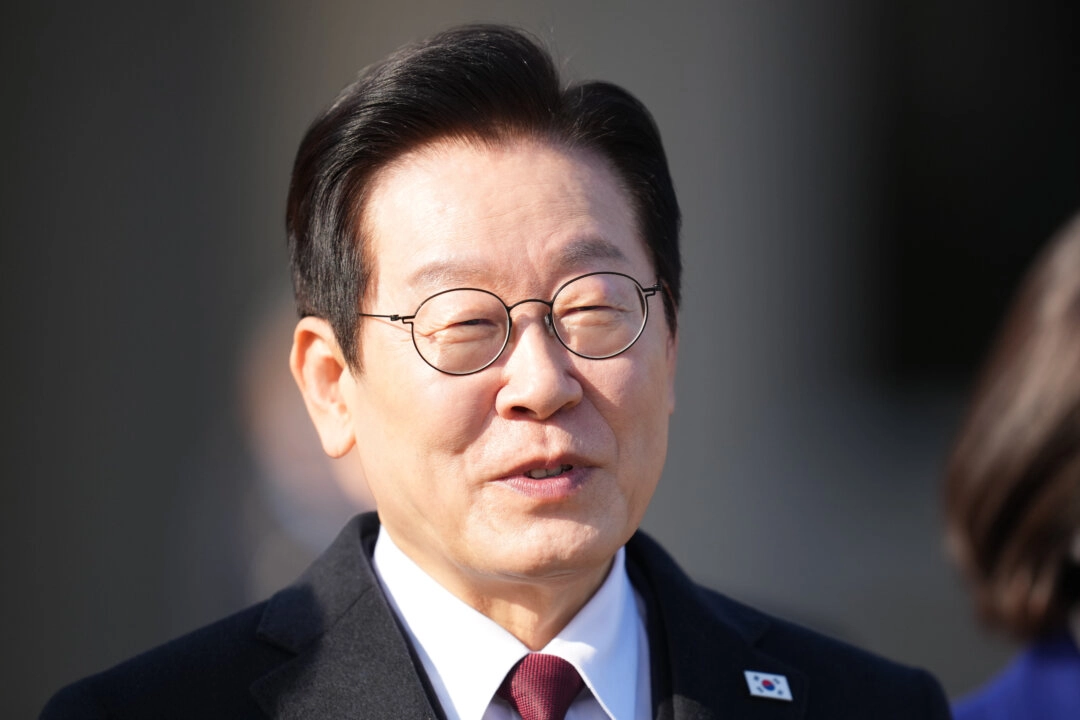
Discussion